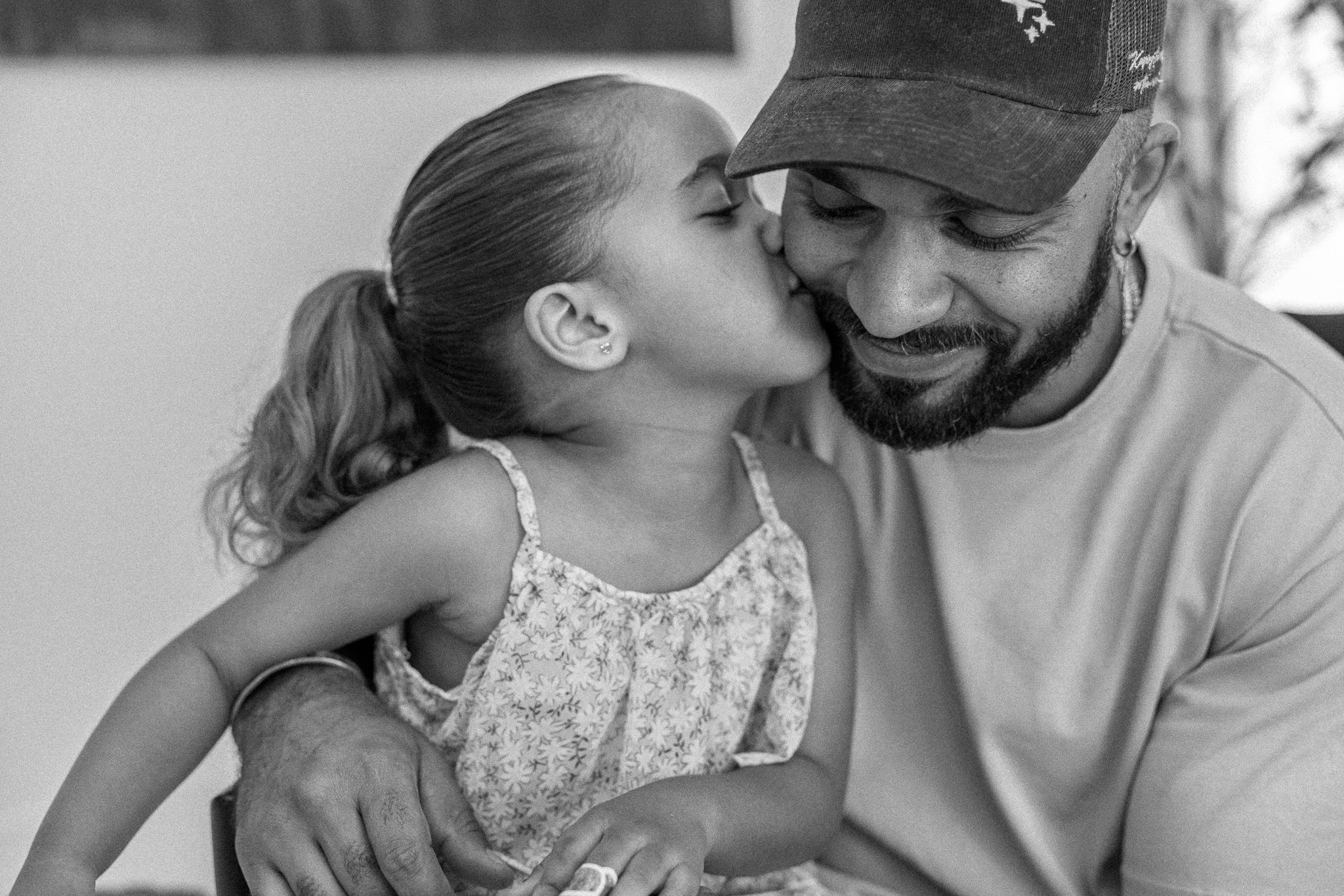
pexels-cottonbro-5853825
Related Articles
[/fusion_title]Keke Palmer's heartfelt message to single moms offers deep insights into resilience and Black love. Discover the lessons within her journey.
Discover how comics and literacy go hand in hand through Daniel Barnes’ new ENDLESS FANTASIA comic series, inspiring kids to read and learn.
Discover how a Black father's calm defiance against bias highlights the power of community love.
Featured Articles
Tyler Lepley shows the beauty of Black fatherhood, blended family life with Miracle Watts, & raising his three children in this Father Noir spotlight.
Black Love caught up with Justin and Patrice Brim to delve deeper into their journey, unpack their inspirations, and discover what lies ahead for the incredible duo.
Celebrate their marriage and partnership with the release of the documentary “Time II: Unfinished Business”
Is the “mama’s boy” misunderstood? One writer breaks down how raising her sons has reshaped her thoughts on the complicated term.
I’ve always considered myself a humble person, but this experience was the ultimate test of my humility.
When Elitia and Cullen Mattox found each other, they decided that they wanted their new relationship together, their union, to be healthier and different.











